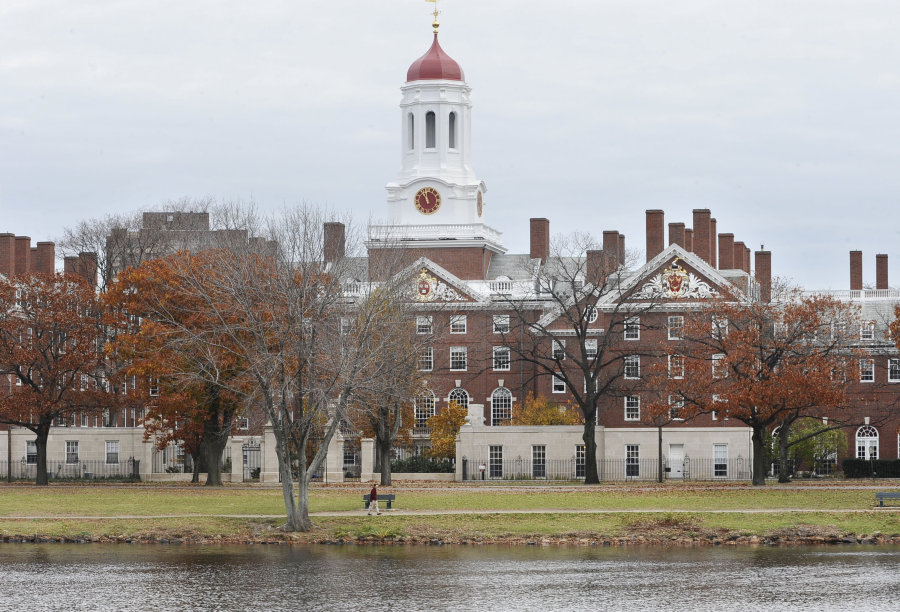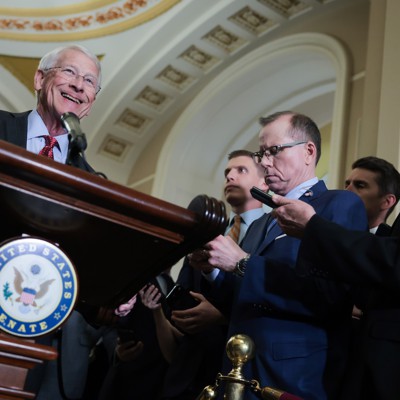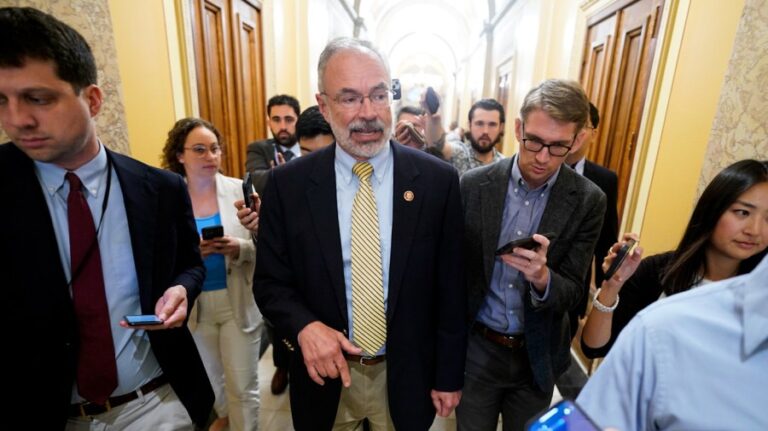WASHINGTON — In a dramatic escalation of its ongoing scrutiny of higher education institutions, the Trump administration has concluded that Harvard University failed to protect Jewish students from harassment, threatening to withdraw all federal funding unless corrective actions are taken. This conclusion follows an investigation by a federal task force, which has accused the Ivy League institution of being a “willful participant” in antisemitic harassment.
In a letter sent to Harvard on Monday, the task force warned that the case could be referred to the Justice Department “as soon as possible” if Harvard does not comply with federal demands. The potential withdrawal of federal funding could severely impact Harvard, which has already seen a reduction of over $2.6 billion in research grants. A civil rights violation could further jeopardize its eligibility for federal student aid, affecting students’ ability to use federal loans or grants to attend the university.
“Failure to institute adequate changes immediately will result in the loss of all federal financial resources and continue to affect Harvard’s relationship with the federal government,” officials stated in the letter, which was obtained by The Associated Press and first reported by The Wall Street Journal.
Harvard’s Response and Commitment to Addressing Bias
Harvard has strongly contested the government’s findings, asserting its commitment to combating bias. In a statement, the university emphasized, “Antisemitism is a serious problem and no matter the context, it is unacceptable. Harvard has taken substantive, proactive steps to address the root causes of antisemitism in its community.”
This development follows a series of confrontations between the Trump administration and Harvard, particularly after the university rejected a list of federal demands for sweeping changes to its campus governance, hiring, and admissions policies. The administration has long accused Harvard of tolerating antisemitism, but the formal finding now provides a channel to potentially block nearly all federal funding.
Details of the Investigation and Findings
The federal investigation was detailed in a comprehensive 57-page report by the civil rights office of the Department of Health and Human Services, part of a broader federal antisemitism task force. The investigation heavily relied on a campus antisemitism study commissioned by Harvard and released in April, which documented incidents such as Jewish students being spit on and subjected to chants like “Heil Hitler.”
The report particularly scrutinizes last year’s protests over the Israel-Hamas conflict, describing the campus as “overrun by an impermissible, multiweek encampment” that left Jewish and Israeli students feeling unsafe and disrupted their studies. It criticized Harvard for what it described as inconsistent disciplinary actions against students involved in the protests, noting that no suspensions were issued.
Historical Context and Expert Opinions
The Trump administration’s aggressive stance on this issue is not without precedent. Historically, federal funding has been used as leverage to enforce civil rights compliance in educational institutions. Experts note that while the withdrawal of federal funding is rare, the threat alone can prompt significant policy changes.
Dr. Jonathan Greenblatt, CEO of the Anti-Defamation League, commented, “The use of federal funding as a tool to enforce compliance with civil rights laws is a powerful mechanism. However, it is crucial that investigations and subsequent actions are conducted with fairness and transparency to ensure that they do not inadvertently stifle academic freedom.”
Implications and Future Steps
The implications of this finding are significant, not only for Harvard but for other institutions that may face similar scrutiny. The case underscores the ongoing tension between academic institutions and federal authorities over issues of campus governance and civil rights.
Harvard President Alan Garber has acknowledged the challenges of addressing antisemitism and other forms of bias on campus. In April, he announced new initiatives aimed at combating prejudice, declaring, “Harvard cannot — and will not — abide bigotry.”
As the situation unfolds, Harvard’s next steps will be closely watched by other universities and civil rights advocates. The university has indicated its intention to challenge the findings, which could lead to a protracted legal battle. Meanwhile, the broader academic community is left to ponder the potential ramifications of this high-stakes confrontation.























